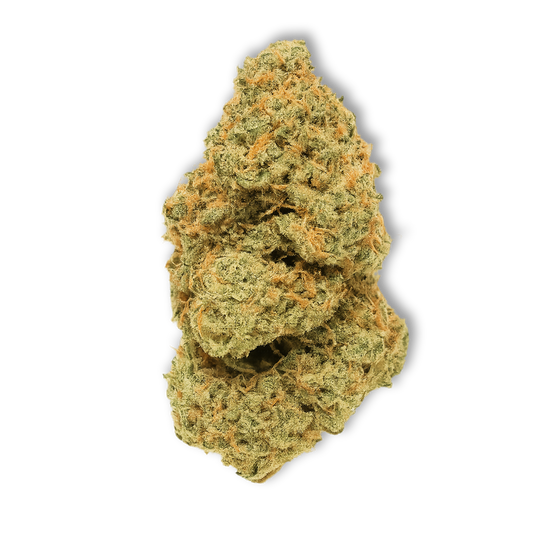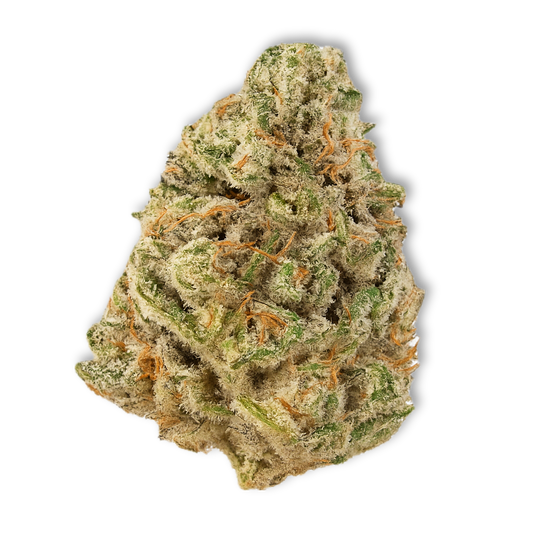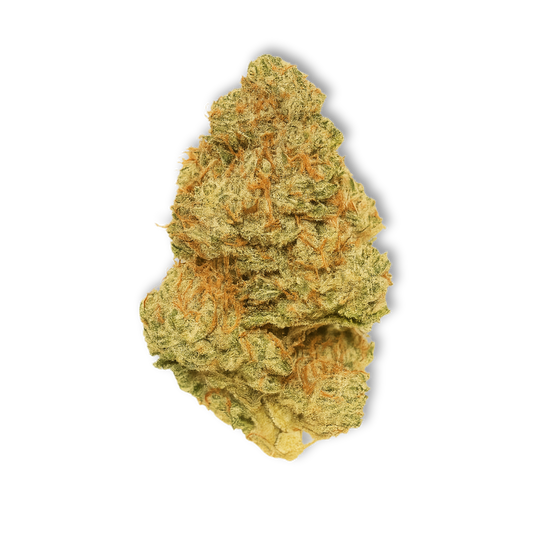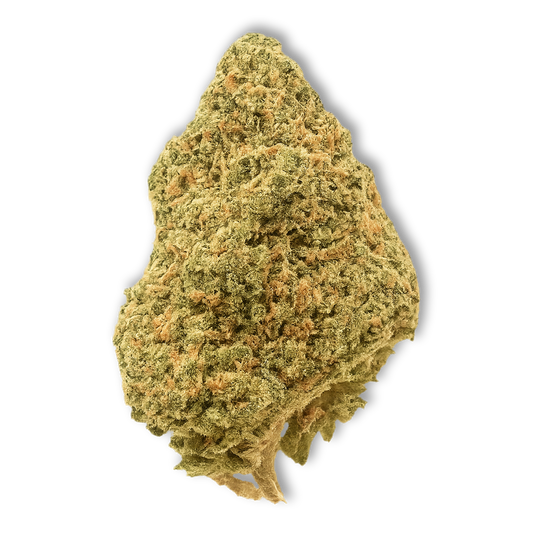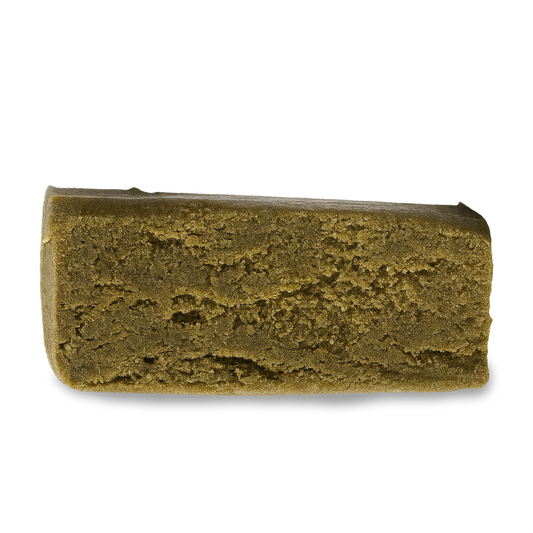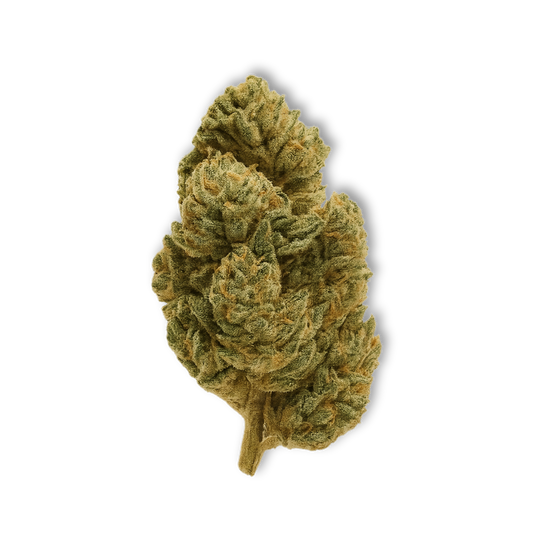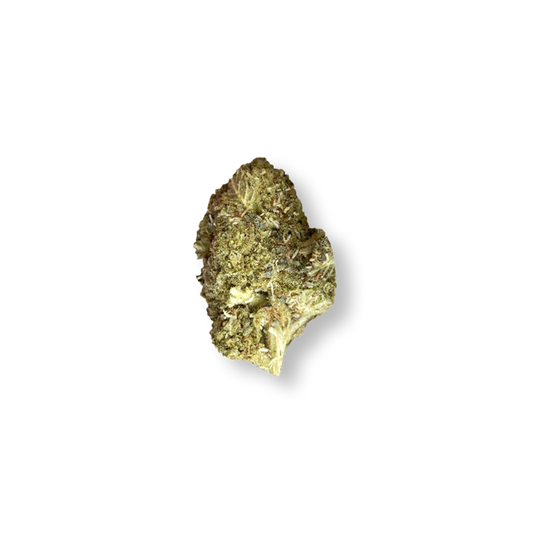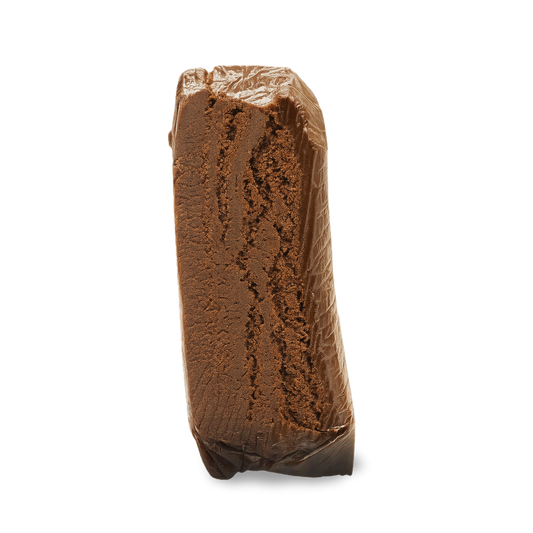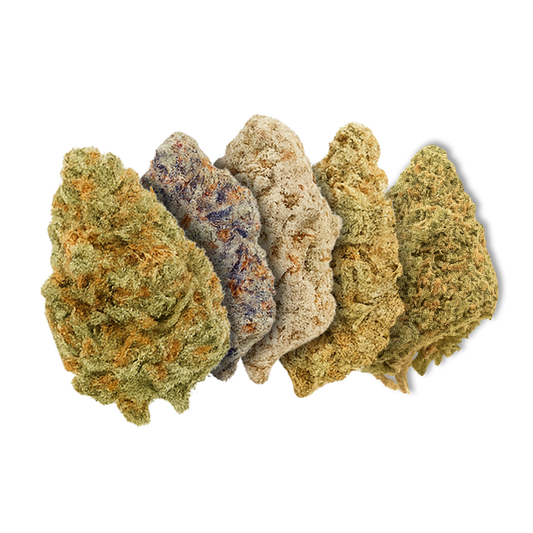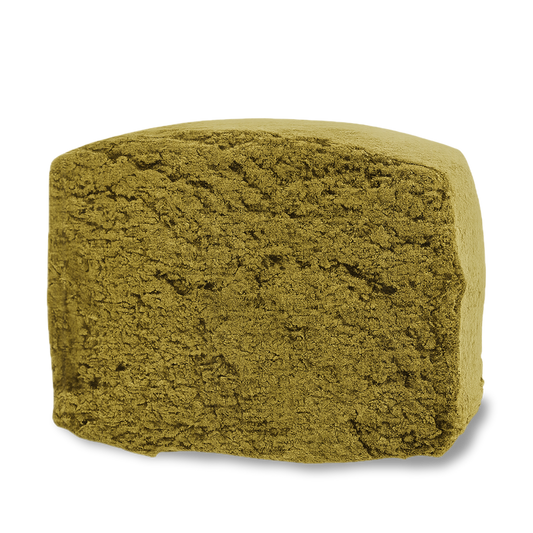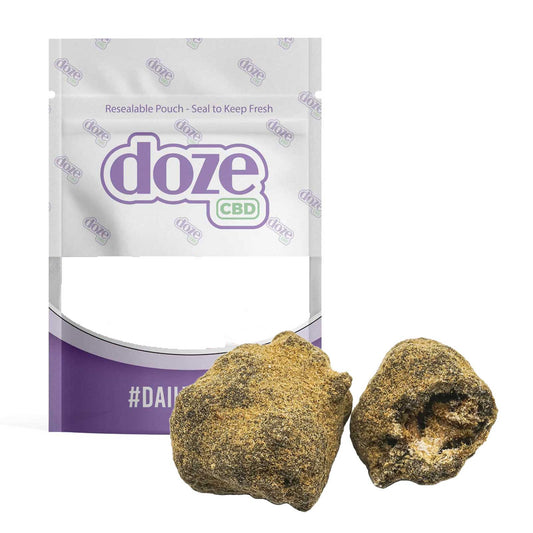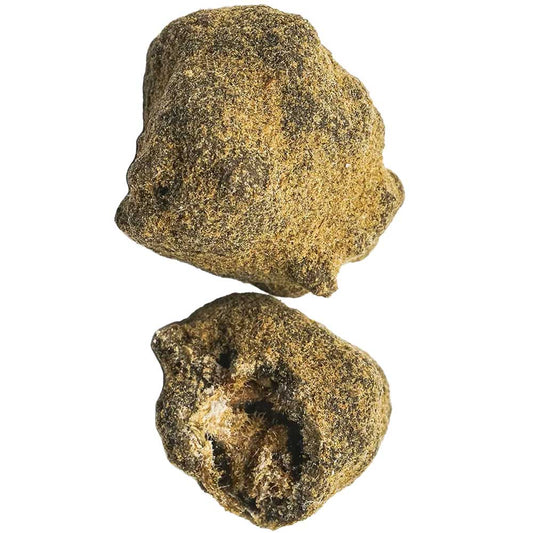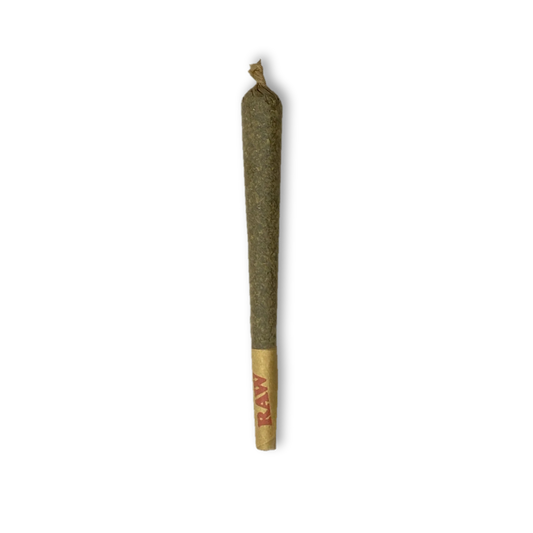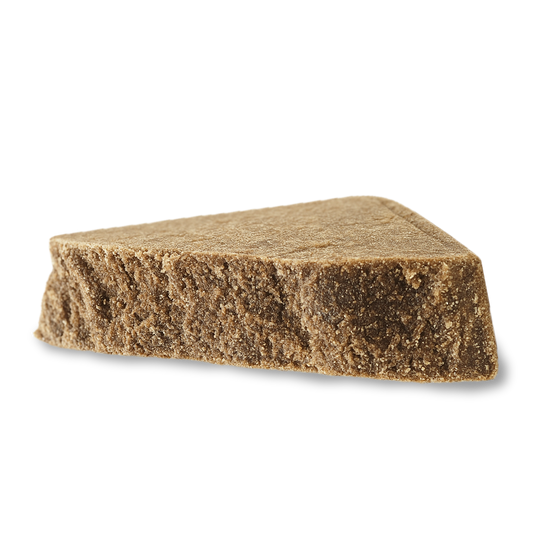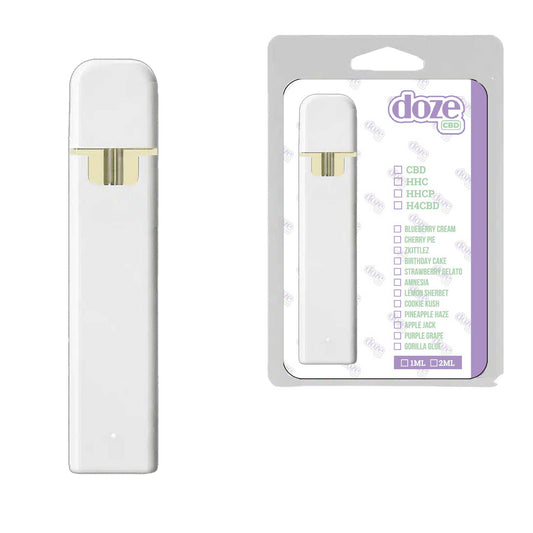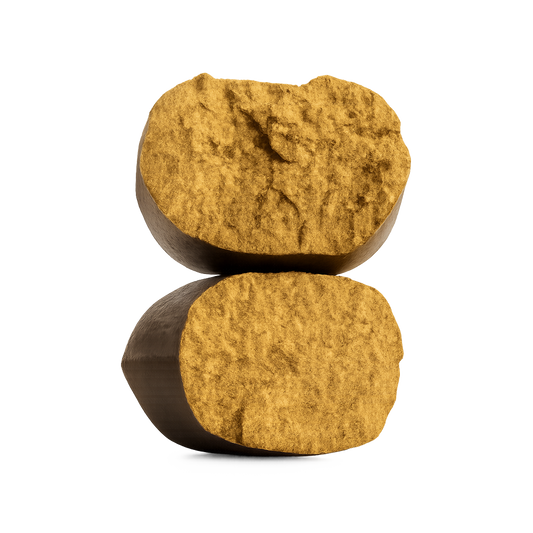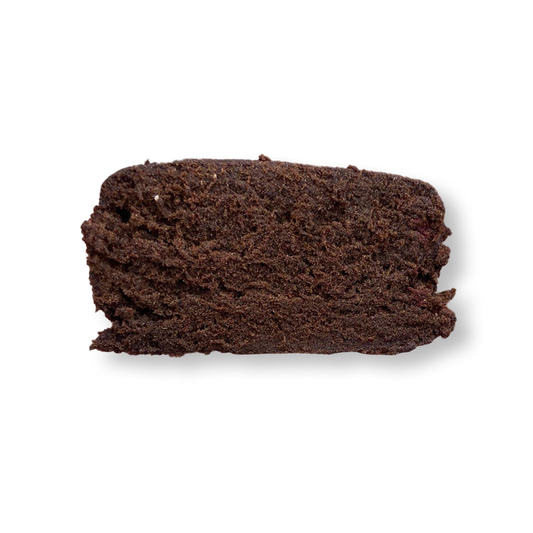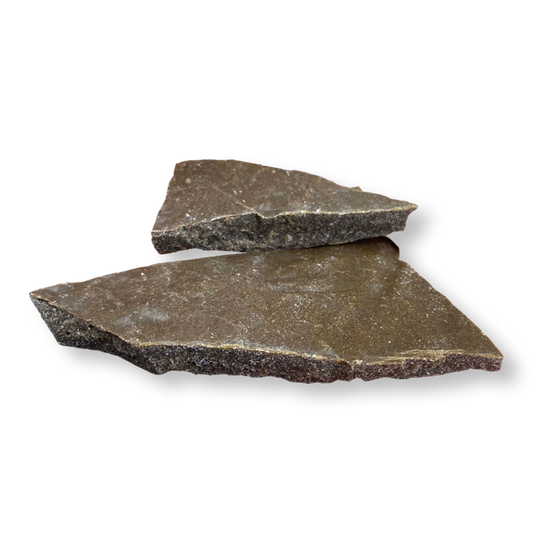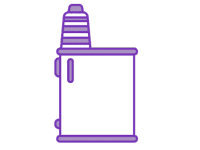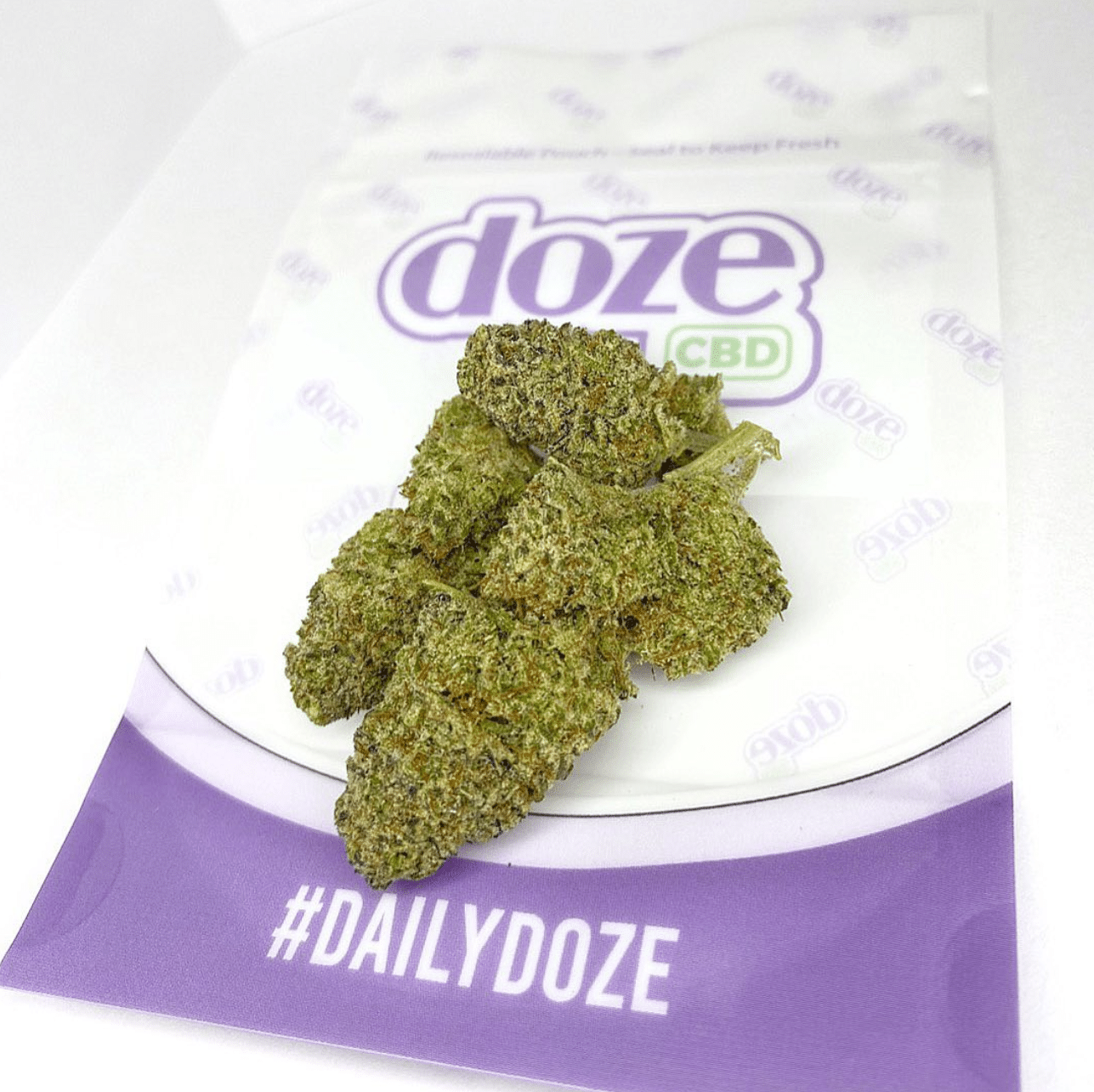Buy CBD & CBD Products UK
Explore the world of premium CBD products at dozeCBD. Our product range is extensive, offering a wide variety of options, including CBD flowers, hash, oils, and more. We take pride in providing high-quality CBD products that cater to diverse preferences.
At dozeCBD, we manufacture all our products in-house at our state-of-the-art facility, ensuring the utmost quality and purity. Our commitment to using 100% organic and natural ingredients sets us apart in delivering a wholesome CBD experience.
-
Skittles CBD Flower 21.59%
Regular price From £17.00Regular price£24.29Sale price From £17.00-30% -
Cali Blueberry Muffin - Indoor CBD 21,7%
Regular price From £19.21Regular price£27.45Sale price From £19.21-30% -
Fat Banna CBD Flower 23.21%
Regular price From £10.63Regular price£15.19Sale price From £10.63-30% -
Cali Sour Diesel - Indoor CBD 22%
Regular price From £19.48Regular price£27.83Sale price From £19.48-30% -
Strawberry Diesel CBD Flower 20.17%
Regular price From £11.16Regular price£15.94Sale price From £11.16-30% -
Cali Orange - Indoor CBD 22,5%
Regular price From £19.70Regular price£28.15Sale price From £19.70-30% -
Stardawg CBD Flower 20.78%
Regular price From £15.62Regular price£22.31Sale price From £15.62-30% -
Cali Gorilla Glue - Indoor CBD 20%
Regular price From £18.60Regular price£26.57Sale price From £18.60-30% -
Strawberry CBD Pollen Hash
Regular price From £8.09Regular price£0.00Sale price From £8.09 -
White Widow CBD Flower 23.86%
Regular price From £14.26Regular price£20.37Sale price From £14.26-30% -
Blue Cheese CBD Flower 21.57%
Regular price From £17.35Regular price£24.79Sale price From £17.35-30% -
Charas CBD Hash
Regular price From £16.17Regular price£12.49Sale price From £16.17 -
Fat Banana CBD Hash
Regular price From £11.52Regular price£0.00Sale price From £11.52 -
-
Super Pollen CBD Hash
Regular price From £17.71Regular price£0.00Sale price From £17.71 -
Moon Rocks CBD
Regular price From £21.56Regular price£0.00Sale price From £21.56 -
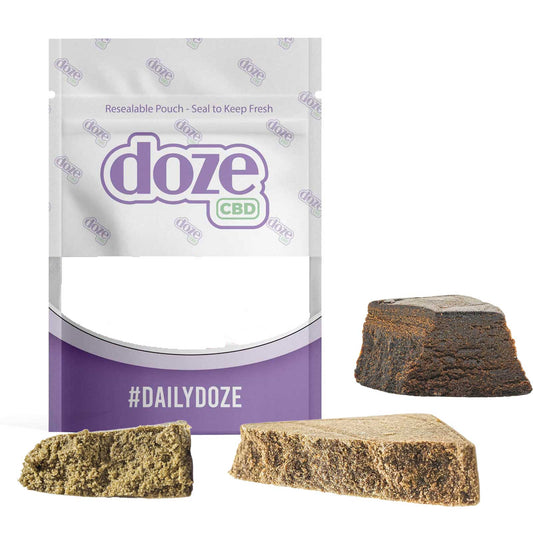 -7%
-7% -
Stardawg CBD Pre Roll 20.78%
Regular price £7.70Regular price£0.00Sale price £7.70 -
Caramello CBD Hash
Regular price From £16.17Regular price£0.00Sale price From £16.17 -
Cookie Kush 85% CBD Vape Pen
Regular price From £16.16Regular price£0.00Sale price From £16.16 -
Vape Cart 510 Thread Battery
Regular price £11.00Regular price£10.50Sale price £11.00 -
Ice O Lator CBD Hash
Regular price From £17.71Regular price£0.00Sale price From £17.71 -
Moroccan CBD Hash ≈27%
Regular price From £24.70Regular price£19.08Sale price From £24.70 -
Triple filtered CBD ≈56%
Regular price From £25.08Regular price£19.38Sale price From £25.08
Buy CBD – Your Questions Answered
First time looking to buy CBD? Already experienced with the world of CBD, but looking to experiment with a new way to get it into your day? Whatever your reason for being here, find all the answers you need below.
What is CBD and where does it come from?
>CBD, or Cannabidiol, is a natural compound derived from the Cannabis plant. It is one of over 100 different cannabinoids found in cannabis. Here are three important things to know about CBD:
1. Non-Psychoactive: Unlike its counterpart THC (Tetrahydrocannabinol), CBD does not produce a “high” or any intoxicating effects.
2. Plant Sources: CBD can be extracted from both hemp and marijuana plants, but it is primarily sourced from hemp due to its lower THC content.
3. Legal Status: The legality of CBD varies by country and state, so it’s essential to be aware of the regulations in your area.
How does CBD work in the body?
>CBD interacts with the body’s endocannabinoid system (ECS), a complex network of receptors and neurotransmitters. This interaction has several notable effects:
1. Balance: CBD helps regulate the ECS, promoting balance in various bodily functions like mood, sleep, and appetite.
2. Pain Relief: CBD can reduce pain perception by interacting with ECS receptors involved in pain sensation.
3. Anti-Inflammatory: It has anti-inflammatory properties, making it potentially useful in managing conditions with inflammation.
What are the potential benefits of using CBD?
>CBD has gained popularity for its potential therapeutic benefits, but it’s essential to note that research is ongoing. Here are some potential benefits:
1. Anxiety and Stress: CBD may help reduce symptoms of anxiety and stress by affecting neurotransmitter receptors in the brain.
2. Pain Management: It could be used as part of a pain management regimen for conditions like arthritis, chronic pain, and migraines.
3. Epilepsy: CBD has received FDA approval for the treatment of specific forms of epilepsy, such as Dravet syndrome and Lennox-Gastaut syndrome.
Is CBD safe to use, and are there any side effects?
>CBD is generally considered safe for most people when used appropriately. However, like any supplement or medication, it can have side effects. Here are some key points to consider:
1. Side Effects: Common side effects may include dry mouth, changes in appetite, diarrhea, and fatigue. These side effects are usually mild.
2. Drug Interactions: CBD can interact with certain medications, so it’s crucial to consult with a healthcare provider, especially if you’re on other medications.
3. Quality Matters: The safety and effectiveness of CBD products depend on their quality. Look for products from reputable manufacturers and check for third-party lab testing.
How should I choose the right CBD product?
>Selecting the right CBD product can be overwhelming due to the variety available. Here’s what you should consider:
1. Product Type: CBD comes in various forms, including oils, capsules, edibles, and topicals. Choose a product that suits your preferences and needs.
2. Dosage: Start with a low dose and gradually increase it until you achieve the desired effects. Consult with a healthcare professional for personalized guidance.
3. Quality and Source: Opt for CBD products that are third-party tested for purity and potency. Additionally, consider the source of the CBD, as hemp-derived CBD is often preferred for its legal status and lower THC content.
Can I fail a drug test if I use CBD?
>While CBD itself is not likely to cause a positive drug test result, some CBD products may contain trace amounts of THC. Here’s what you need to know:
1. Full-Spectrum vs. Isolate: Full-spectrum CBD products contain a small amount of THC (usually below 0.3%), while CBD isolate products are THC-free.
2. Drug Tests: Depending on the sensitivity of the drug test and the amount of THC in the product, there is a minimal risk of a false positive. To be safe, consider using CBD isolate products if you’re subject to drug testing.
3. Check Labels: Always check product labels and certificates of analysis (COA) to determine the THC content of the CBD product you’re using.
Can I give CBD to my pets?
>CBD is increasingly being used as a wellness supplement for pets, primarily dogs and cats. Here’s what pet owners should know:
1. Pet-Specific Products: There are CBD products formulated specifically for pets, typically in the form of treats or oils. These products are tailored to their needs.
2. Consult a Vet: Before giving CBD to your pet, consult with a veterinarian. They can provide guidance on dosage and ensure it’s safe for your pet’s specific condition.
3. Start Low and Slow: Just like with humans, start with a low dose and monitor your pet’s response. Increase the dosage gradually if needed.
In conclusion, CBD is a natural compound with potential therapeutic benefits, but its use should be approached with caution and awareness of individual circumstances. Always consult with a healthcare provider or veterinarian before incorporating CBD into your wellness routine or giving it to your pets. Additionally, ensure that you choose high-quality CBD products from reputable sources to maximize its potential benefits while minimizing risks.
How long does it take for CBD to work?
>The time it takes for CBD to take effect can vary depending on several factors, including the method of consumption and individual differences. Here’s what you should know:
1. Method of Consumption: The onset of CBD’s effects can differ based on how it is consumed. For example, when taken sublingually (under the tongue), it often works more quickly, typically within 15-30 minutes. In contrast, edibles may take longer, sometimes up to an hour or more, as they need to pass through the digestive system.
2. Individual Variability: Each person’s body may respond differently to CBD. Factors such as metabolism, body weight, and the presence of underlying health conditions can influence how quickly CBD takes effect.
3. Consistency: Consistent use of CBD over time may lead to more noticeable and lasting effects. Some individuals may need to use it for several days or weeks to experience the full benefits.
Is CBD addictive?
>CBD is generally considered non-addictive and does not produce the euphoric effects associated with THC or traditional marijuana use. Here’s what you should keep in mind:
1. Non-Psychoactive: CBD does not produce a “high” or any intoxicating effects. It does not stimulate the brain’s reward system, which is typically associated with addictive substances.
2. Research Findings: Numerous studies have suggested that CBD is not habit-forming. In fact, it has shown potential in helping individuals manage addictive behaviors related to substances like opioids and nicotine.
3. Dependency Risk: While CBD itself is not addictive, it’s essential to use it responsibly and as directed. Some people may misuse CBD products, but this is typically due to factors unrelated to the compound itself.
Can I travel with CBD?
>Traveling with CBD can be a bit complicated due to varying regulations. Here are some crucial points to consider:
1. Legal Status: The legality of CBD varies by country and state. It’s crucial to research the laws in both your departure and destination locations.
2. THC Content: Some countries have strict regulations regarding the THC content of CBD products. Ensure that the product you’re carrying complies with local regulations.
3. Documentation: When traveling with CBD, it’s a good practice to carry a copy of the product’s certificate of analysis (COA) to prove its THC content and authenticity.
In summary, CBD is generally considered safe and non-addictive, but its effects can vary among individuals and depend on factors such as dosage and method of consumption. Traveling with CBD requires careful consideration of local regulations and product documentation to ensure a hassle-free journey. Always consult with healthcare professionals for personalized advice on using CBD for specific health concerns, and stay informed about the legal status of CBD in your area.
Can I use CBD during pregnancy or while breastfeeding?
>The use of CBD during pregnancy and breastfeeding is a topic of concern due to limited research. Here’s what you should consider:
1. Limited Research: There is insufficient scientific evidence to determine the safety of CBD during pregnancy and breastfeeding. Therefore, it is generally recommended to avoid its use during these periods.
2. Transfer to the Fetus or Infant: CBD compounds can pass through the placenta and into breast milk. This raises potential concerns about the impact on the developing fetus or infant.
3. Consult a Healthcare Provider: If you are pregnant or breastfeeding and considering using CBD for a specific medical condition, consult with a healthcare provider for guidance on alternative treatments and potential risks.
How can I store CBD products properly?
>Proper storage of CBD products can help maintain their quality and effectiveness. Here are some storage guidelines:
1. Cool and Dark: Store CBD products in a cool, dark place, away from direct sunlight and heat. Exposure to light and high temperatures can degrade the compounds in CBD.
2. Airtight Containers: Keep CBD oils and tinctures in airtight containers to prevent exposure to air, which can lead to oxidation and reduced potency.
3. Refrigeration: While not always necessary, refrigeration can extend the shelf life of certain CBD products, particularly edibles and topicals.
4. Childproofing: If you have children or pets, ensure that CBD products are stored out of their reach in childproof containers.
5. Read Labels: Always follow any specific storage instructions provided on the product’s label.
In conclusion, while CBD offers potential therapeutic benefits, it’s essential to approach its use with caution, especially during pregnancy or breastfeeding. Understanding the potential risks, proper storage, and responsible usage are crucial aspects of using CBD effectively and safely. Consulting with healthcare professionals and staying informed about local regulations can help you make informed decisions regarding CBD use.
Can I overdose on CBD?
>CBD is generally considered safe, and there is no known lethal dose for this compound. However, it’s important to use CBD responsibly and avoid excessive consumption. Here are some key points to keep in mind:
1. Non-Toxic: CBD does not exhibit toxicity, meaning it is unlikely to cause harm or be fatal, even in large doses.
2. Individual Tolerance: While CBD is well-tolerated by most individuals, some people may experience adverse effects at high doses, such as dizziness or gastrointestinal discomfort.
3. Start Low and Gradual: It’s advisable to start with a low dose and gradually increase it until you find the right amount for your needs. This approach minimizes the risk of discomfort.
4. Consult a Professional: If you have concerns about dosage or its effects, consult with a healthcare provider who can provide personalized guidance.
Is CBD the same as hemp oil?
>CBD oil and hemp oil are often confused, but they are different products with distinct properties. Here’s how they differ:
1. CBD Oil: CBD oil is extracted from the leaves, flowers, and stems of the hemp plant. It contains high concentrations of CBD and is often used for its potential therapeutic benefits.
2. Hemp Oil: Hemp oil, also known as hemp seed oil, is extracted from the seeds of the hemp plant. It does not contain significant amounts of CBD or THC. Instead, it is rich in omega-3 and omega-6 fatty acids and is used primarily as a nutritional supplement.
3. Uses: CBD oil is typically used for its potential health benefits, while hemp oil is more commonly used in cooking or as a skincare product.
Interesting Categories
Customer Reviews
Check our reviews-

Jimmy P - Google
Doze CBD solved my sleep problems! Since I started using it, I fall asleep faster and have deeper nights. The natural taste is pleasant too. Highly recommended!
-

Mila K - Facebook
Doze CBD helps me stay calm throughout the day and manage my anxiety. It doesn't affect my concentration. I wish there was a larger bottle for the price.
-

Mike S - Trustpilot
Doze CBD significantly alleviated my chronic pain. I suffer from fibromyalgia, and this oil makes my daily life more bearable. It has an easy-to-use format and doesn't have a strong taste.
